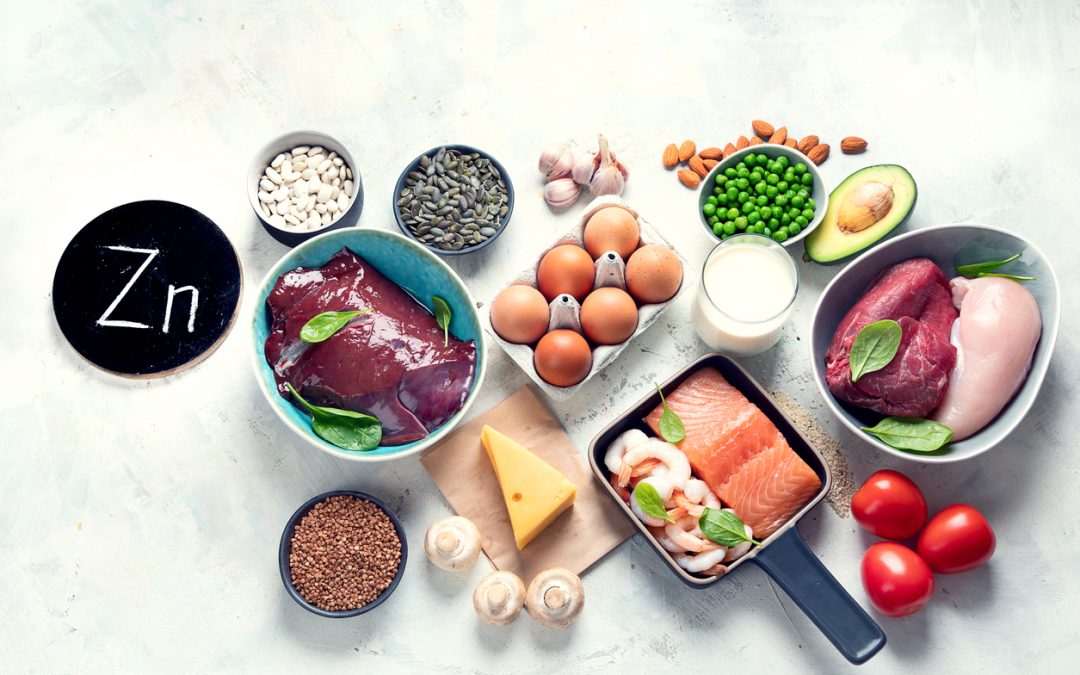The Health Benefits of Zinc
As explained by Harvard Health, Zinc is an incredibly important mineral that is necessary for the enzymes in your body to carry out chemical reactions. It also plays a major role in the creation of DNA, growth of cells, building proteins, healing damaged tissue, and supporting the immune system.
In a recent interview with Well + Good, registered dietitian Tracy Lockwood Beckerman, RD states that, Zinc improves your immune system’s ability to respond to bacteria and viruses, and has been proven to help fight against colds and flus. COVID-19 is a relatively new disease that shares some systems with the cold and flu, but no concrete evidence proves zinc has any impact on the treatment of prevention of COVID-19. So, wearing your mask and washing your hands is still incredibly important to slow the spread of the virus. However, adding this mineral into your diet and improving your overall immune health is still beneficial.
How to Naturally Incorporate Zinc into Your Diet
Harvard Health explains that zinc cannot be created by our bodies or stored, so we need to consume it through daily through food. It is also a trace mineral, which means your body only needs a small amount to experience the benefits. By eating the right whole foods you should easily be able to achieve the recommend amount of eight milligrams of zinc per day for adult women, and 11 milligrams per day for adult men.
Listed below are food sources that are high in zinc:
- Shellfish (oysters, crab, lobster)
- Dairy products (cheese, milk)
- Eggs
- Poultry
- Pork
- Red meat
- Legumes
- Nuts and seeds
- Whole grains
While fruits and vegetables do not contain high amounts of zinc, eating the recommended 5 servings a day can help you achieve your daily goal. For more information, click here!



